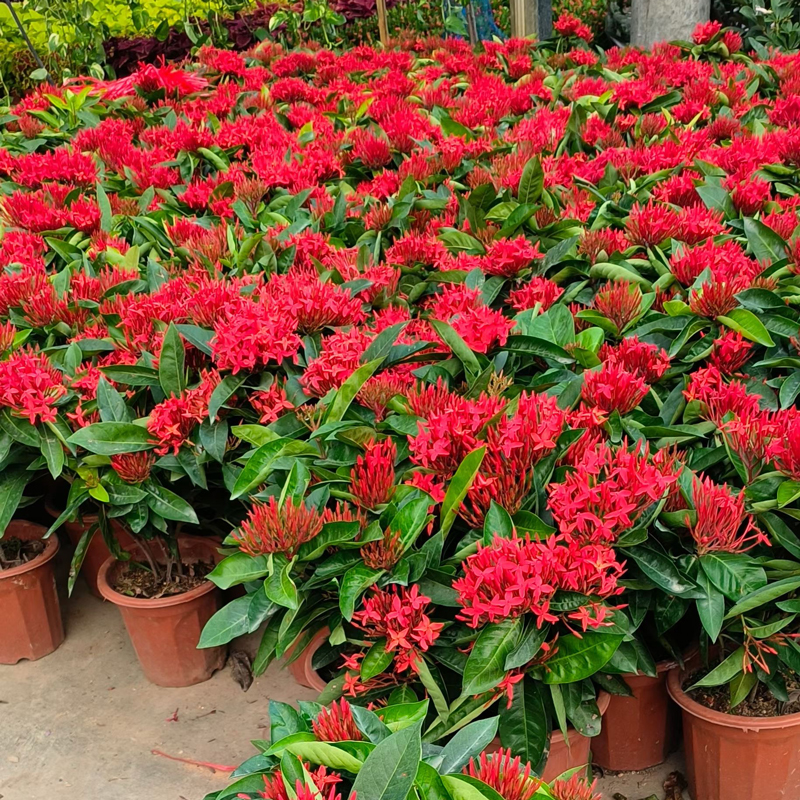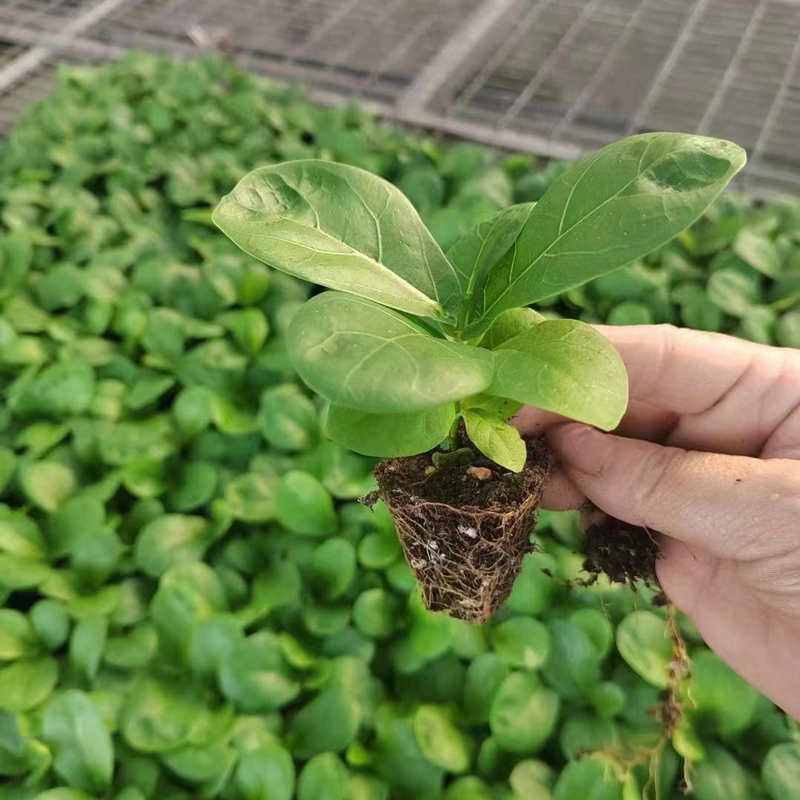
Manufacturers of citrus mites
Manufacturers of citrus mites
Citrus cides are tiny pests capable of causing significant damage to citrus crops. Understanding who is the main manufacturer of these ticks, as well as the conditions that contribute to their distribution, is critical of an effective fight against them. Let's take a look at this question in more detail.
1. The main types of ticks and their production
The main manufacturers of citrus mites are ticks themselves! It sounds a little tautological, but the bottom line is that the propagation of these microscopic creatures is their production. Females of ticks lay eggs, from which larvae hatch, then nymphs, and, finally, adults. This cycle is repeated constantly, especially in favorable conditions. Various types of citrus mites (for example, red citrus mites, yellow citrus mite) have their own reproduction, but they are all characterized by a high rate of reproduction. The population can increase sharply in just a few weeks with a sufficient amount of food and a suitable temperature.
2. Factors affecting the production of ticks
The production of ticks, that is, their reproduction, directly depends on a number of environmental factors. Warm and dry weather are ideal conditions for their rapid growth. High humidity, on the contrary, can limit their reproduction. The presence of a sufficient amount of food - juice of citrus plants - also plays a key role. Weak and damaged plants become more vulnerable and attractive for ticks, providing them with a production site. Therefore, healthy, strong trees that can withstand stress are better protected from mass propagation of pests.
3. Fighting the production of citrus mites
Effective fight against citrus mites is aimed at limiting their production. This includes agrotechnical measures, such as maintaining plant health, timely pruning and feeding. Biological control, the use of predatory ticks, also effectively reduces the population. In some cases, it may be necessary to use acaricides - special drugs to combat ticks, however, their use should be strictly justified and controlled in order to avoid negative impact on the environment. Preventive measures, such as regular inspection of plants, is the key to a successful struggle with these small, but dangerous pests.
AppropriateProducts
Corresponding products
The best soldproducts
The best -selling products-
 Palm plants-combasses are sluggish
Palm plants-combasses are sluggish -
 Subtropical plants-water-free pink bauhinia
Subtropical plants-water-free pink bauhinia -
 View Plants-Dress
View Plants-Dress -
 Subtropical plants-drone the terminal with beautiful leaves
Subtropical plants-drone the terminal with beautiful leaves -
 See the Bugenville plants
See the Bugenville plants -
 Subtropical plants-lagastrem of microfill
Subtropical plants-lagastrem of microfill -
 Ficus volcanic
Ficus volcanic -
 Growing cacti and meat plants, desert rosemen-ficus with violin leaves
Growing cacti and meat plants, desert rosemen-ficus with violin leaves -
 View Plants-Tsvetes of boat-Dragon
View Plants-Tsvetes of boat-Dragon -
 Bonsai-Podokarpus
Bonsai-Podokarpus -
 Fruit trees lemon
Fruit trees lemon -
 Ornamental - a large red flower.
Ornamental - a large red flower.
Connectedsearch
Related search- Manufacturer of subtropical plants for purchase
- Kumkvat production plant
- Chinese suppliers Lilia
- Sizigium Jambos
- Chinese suppliers of camellia
- Chinese factories for the production of mankar boat
- Ligustrum Limon Ligustrum factories in China
- Singonium Podofillum
- Factories that buy thick wax worms Pringleberry
- Chinese factories for the production of metal scorpioned plantain















